The sticker on the front cover says “The heaviest proto-metal compilation ever released.” And considering the label behind Yeah Man, It's Bloody Heavy is Rise Above, founded by former Napalm Death and Cathedral frontman Lee Dorrian, this is not idle hubris.
Yeah Man, It's Bloody Heavy collects 10 tracks which were not originally released (a bonus seven-inch with early copies of the LP takes it to 12 tracks). The first band heard are Birmingham’s Heavyboots. They are followed by Band Of Mental Breakdown (also known as B.O.M.B.), Macbeth Periscope, Agatha’s Moment, Jessica’s Theme, Greenfly, Clemen Pull, Living Dead, Crimson Earth and Zacariah. The bonus 7″ features two tracks by Earthquake.
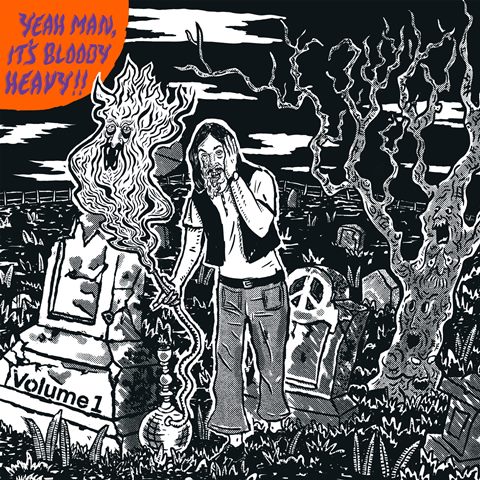 Heavyboots’ “Who Knows, Who Cares,” which kicks-off Yeah Man…, is primitively recorded but packs so much punch it transcends any issues with the sound quality. Taped in 1969, it opens in the Black Sabbath vein but soon ups the pace to settle into surging forward – the defining characteristics are the minimalist approach and the weightiness of the band overall. Irresistible. Next up, Band Of Mental Breakdown’s “Won’t You Take me” (1971). Even heftier, just as austere, it is astonishing.
Heavyboots’ “Who Knows, Who Cares,” which kicks-off Yeah Man…, is primitively recorded but packs so much punch it transcends any issues with the sound quality. Taped in 1969, it opens in the Black Sabbath vein but soon ups the pace to settle into surging forward – the defining characteristics are the minimalist approach and the weightiness of the band overall. Irresistible. Next up, Band Of Mental Breakdown’s “Won’t You Take me” (1971). Even heftier, just as austere, it is astonishing.
Also on Side One, “Bad Trip” by Agatha’s Moment (1970) seeks to recreate the titular experience over its six-and-a-half minutes. The band play at the limits of their ability, bringing a tension suggesting the five-piece outfit were close to exploding while recording this masterpiece of (presumably) musical auto-reportage. Then, on Side Two, there’s Living Dead’s fittingly crepuscular “Chasing Shadows” (1971), a performance so subterranean it has the power of magma about to erupt over an unsuspecting landscape. Both of these are very sophisticated constructions, as are Jessica's Theme's "Witchcraft" (1969), Greenfly's "Satan's Daughter" (1972) and Clemen Pull's "Kamikaze Pilot" (1974). Everything collected is potent. .
Of those who are heard, the only familiar name is Kingston-upon-Thames’ Clemen Pull who, over their 1972 to 1977 lifespan, were London and Home Counties gigging-circuit regulars. They played The Marquee 14 times, including headline dates. Despite this relative ubiquity, they issued no records. Would it be that a band with so fantastic a name as Macbeth Periscope, from Montrose, Scotland, were already a familiar name.
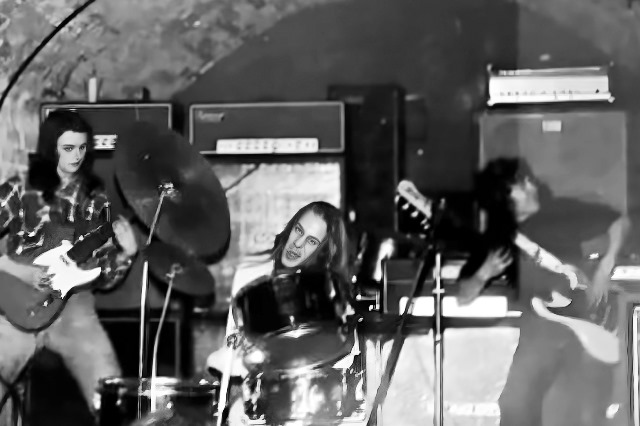 Most of what’s heard is sourced from one-off acetate discs and demo tapes. “Destroyer of Life” by Nottingham’s Zacariah is taken from a recording of a live show broadcast by the commercial station Radio Trent. It takes some hunting to find acetates and demos: acetates and demos which are worth hearing, that is. In the booklet, the tale is told of “numerous fruitless years of searching for an acetate single called ‘The Bomb’ by a band called Blister.” This is now lost, but the digging resulted in finding precursor Stoke-on-Trent band Living Dead (pictured left). Anything called “The Bomb” by a band called Blister has to be great.
Most of what’s heard is sourced from one-off acetate discs and demo tapes. “Destroyer of Life” by Nottingham’s Zacariah is taken from a recording of a live show broadcast by the commercial station Radio Trent. It takes some hunting to find acetates and demos: acetates and demos which are worth hearing, that is. In the booklet, the tale is told of “numerous fruitless years of searching for an acetate single called ‘The Bomb’ by a band called Blister.” This is now lost, but the digging resulted in finding precursor Stoke-on-Trent band Living Dead (pictured left). Anything called “The Bomb” by a band called Blister has to be great.
The Stoke origin of Living Dead telegraphs that this collection is not about the UK’s south-east. It is about heavy music’s diaspora. Clemen Pull are the only London or London-region band. Otherwise, there are two Nottingham bands, one apiece from Birmingham and Coventry, one from Dorset and three from Scotland (Falkirk, Glasgow and Montrose). Did distance from the bright lights and the music biz generate heaviness? Or was it that these bands realised they could never be of interest to mainstream record labels so, figuratively, kept themselves to themselves?
However, Zacariah were recorded for the radio so obviously they enjoyed some level of local recognition. Likewise, Dorset's Crimson Earth won a Western Daily News sponsored Battle of the Bands competition which got them £25, a slot on HTV, a trophy and an audition with EMI. People knew about them. Their lifespan was 1970 to 1976. Heavyboots played London venue the Night Angel. Not all of these bands existed in a vacuum.
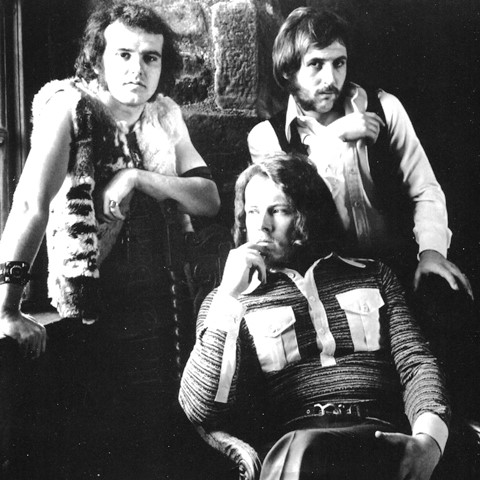 Extraordinarily, this is underpinned by Macbeth Periscope (pictured right) who played the US in 1972, and issued one single there on a Norfolk, Virginia label. The driver for this was a US navy staffer who, based in Scotland, saw the band and was impressed. He had a company called “International Management Enterprises Inc.” Off they duly went to the States. The band’s ads subsequently proclaimed they “have just completed a successful introductory tour in the U.S.” A hand-written listing of their songs reproduced in Yeah Man’s… booklet includes the title “Woof.” Anything called “Woof” by a band called Macbeth Periscope has to be great.
Extraordinarily, this is underpinned by Macbeth Periscope (pictured right) who played the US in 1972, and issued one single there on a Norfolk, Virginia label. The driver for this was a US navy staffer who, based in Scotland, saw the band and was impressed. He had a company called “International Management Enterprises Inc.” Off they duly went to the States. The band’s ads subsequently proclaimed they “have just completed a successful introductory tour in the U.S.” A hand-written listing of their songs reproduced in Yeah Man’s… booklet includes the title “Woof.” Anything called “Woof” by a band called Macbeth Periscope has to be great.
On a similar tack to Macbeth Periscope, but with much less travel, Band Of Mental Breakdown – who billed themselves as “The North’s most progressive blues band” – decided that Nottingham would not work for them: even though they had not yet played any shows in their home city. A local newspaper said they “are moving to Somerset because they feel that pop musicians are never recognised in their home town.” Once settled in Somerset, they booked a gig at the Strode Theatre in Street. Their manager – who had sold up his newsagents shop to fund the move – said the show “wasn’t a hit with the audience numerically speaking.” This wasn’t the only hitch for Band Of Mental Breakdown. They recorded a whole album’s worth of material in London for Decca Records but nothing was issued and the tapes are now lost. The unfortunate Band Of Mental Breakdown’s lifespan was early 1970 to mid-1971.
Yeah Man, It's Bloody Heavy can be seen as a tribute to a raft of bands who pushed forward as much as they could, despite whatever was stacked against them: the innate exclusion brought by where they were from; lack of contacts in the music business; questionable tactical judgement; their espousal of a music so extreme it could not have achieved traction in the wider marketplace. There was only room for one Black Sabbath who, in comparison with these bands, were nuanced, refined. Nonetheless, aesthetically comparable if not musically analogous bands, like, say Bakerloo and T2, were picked up by labels. For Agatha’s Moment, Crimson Earth and their fellow compilees, it was worth giving it a go. More importantly, this marvellous, lovingly assembled, eye-opening compilation is an absolute joy. The most noteworthy archive release of the year so far.
- Next week: Ethiopian jazz staples Ibex Band and their 1976 album Stereo Instrumental Music
- More reissue reviews on theartsdesk
- Kieron Tyler’s website

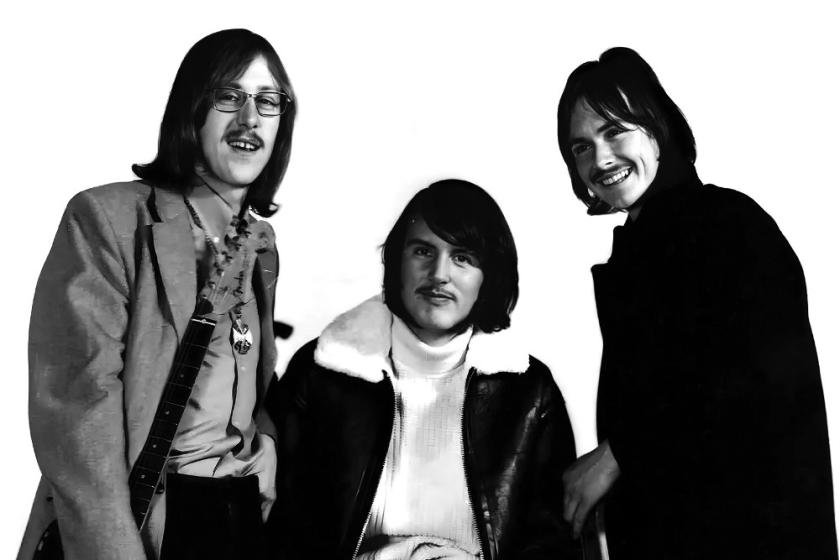



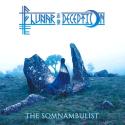

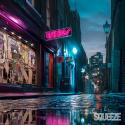
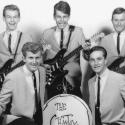
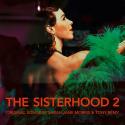
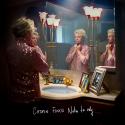


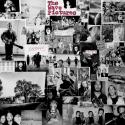

Add comment